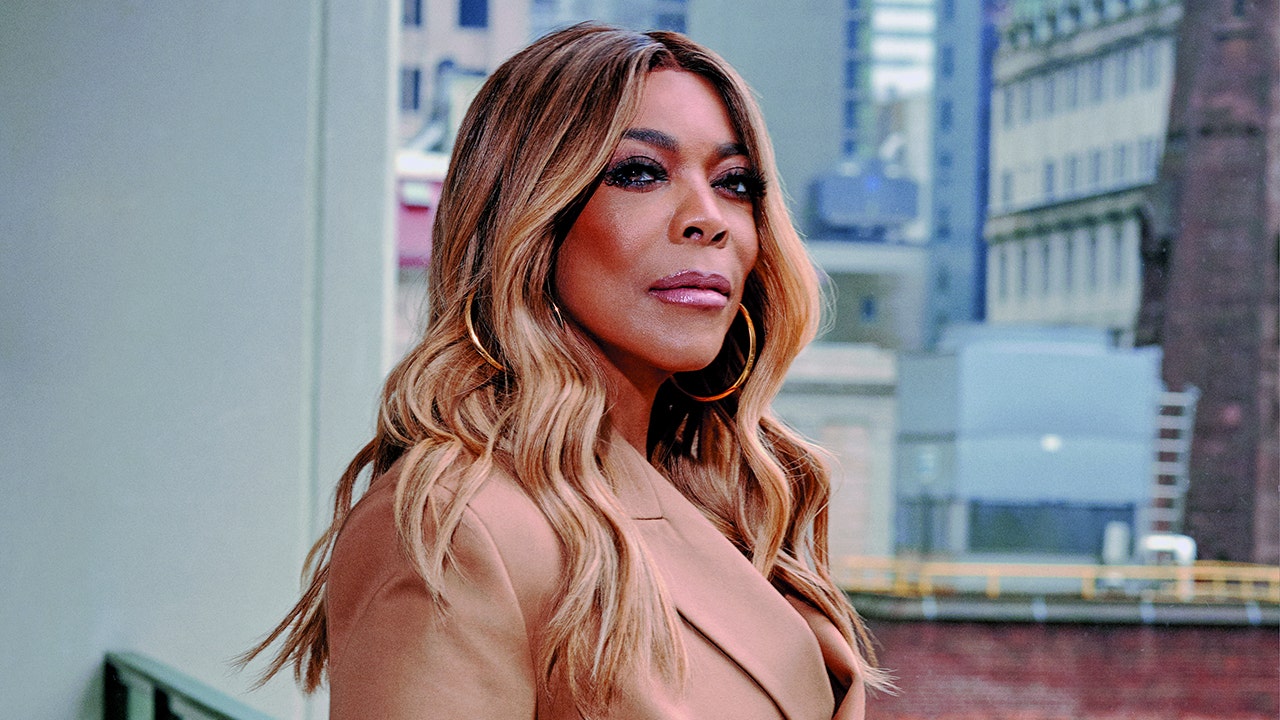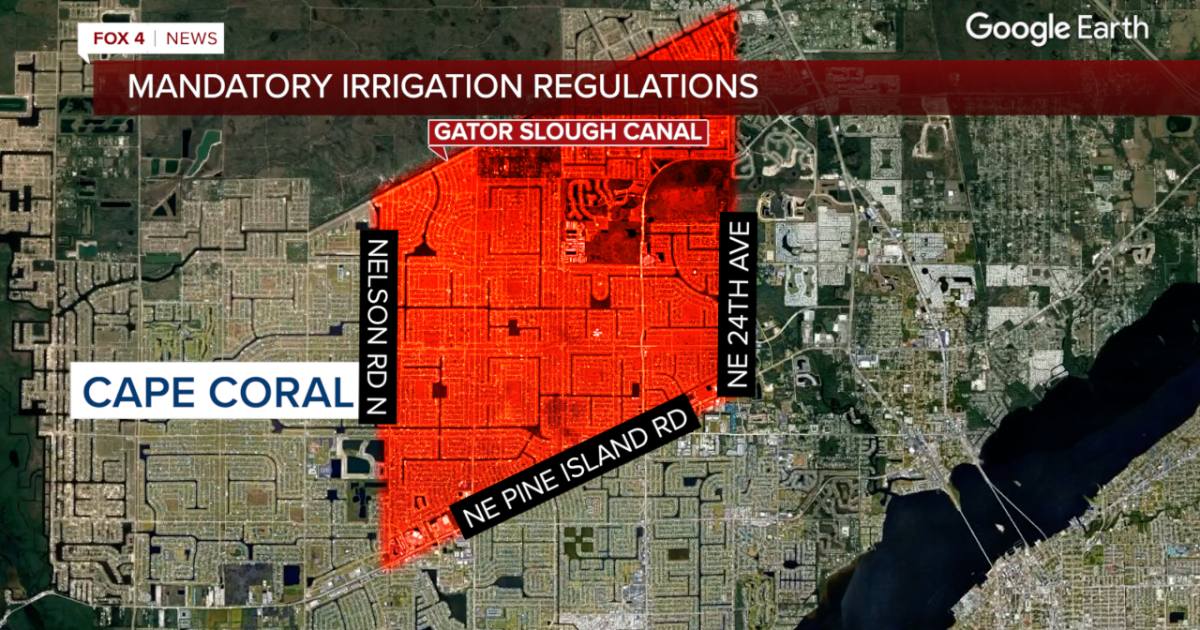Cape Coral Under Irrigation Restriction: A Battle Against Water Shortage
In recent years, Cape Coral, a scenic coastal city in Florida, has been grappling with a growing concern – water shortage. This has led to the implementation of irrigation restrictions in certain portions of the city, causing a stir among residents and businesses heavily dependent on water for their daily activities. Let’s delve into the reasons behind these restrictions and the impact they have on the community.
The Thirsty Nature of Cape Coral
Cape Coral, known as the “Waterfront Wonderland,” is situated along the Gulf of Mexico, boasting numerous canals, lakes, and stunning waterfront properties. With its tropical climate and lush vegetation, the city’s thirst for water is unquenchable. However, as urbanization has surged and water consumption has increased, the natural resources of Cape Coral have come under strain, resulting in a critical water shortage.
Understanding the Irrigation Restrictions
In an effort to combat the water shortage that Cape Coral faces, the city authorities have established irrigation restrictions in certain areas. These restrictions aim to regulate the use of water for landscape irrigation and ensure its more efficient utilization.
The Triggering Factors
The decision to implement irrigation restrictions in specific portions of Cape Coral is prompted by several factors. Firstly, the erratic rainfall patterns in recent years have led to a decline in the water levels of the city’s canals and lakes, exacerbating the water shortage. Additionally, the rapid urban development in the area has placed immense pressure on water resources, making it necessary to conserve and manage water more effectively.
The Restriction Measures
The irrigation restrictions in Cape Coral typically include specific guidelines and regulations for the usage of water for irrigation purposes. These measures often involve limiting the frequency and duration of irrigation, as well as designating specific days or times for watering landscapes. Non-compliance with these restrictions may result in fines or other penalties to ensure strict adherence to the regulations.
Impact on Residents and Businesses
The irrigation restrictions have undoubtedlyleft a significant impact on the daily lives of Cape Coral residents, as well as local businesses that rely heavily on water for their operations.
Challenges for Residents
For residents, the irrigation restrictions mean adjusting their lifestyle routines to fit within the limitations imposed. People have to carefully plan and manage their landscape irrigation schedules, utilizing water-efficient techniques like drip irrigation and avoiding water waste. These restrictions have forced residents to become more conscious about their water usage and adopt more sustainable practices, including xeriscaping and planting drought-tolerant species.
Implications for Businesses
Local businesses such as golf courses, parks, and nurseries heavily reliant on water for their operations have encountered significant challenges due to the irrigation restrictions. Golf courses, for instance, face difficulties in maintaining their lush greens and fairways, requiring them to explore alternative water sources or invest in advanced irrigation systems designed to optimize water usage. Nurseries may also face a reduction in the availability of water-dependent plants, leading to potential product shortages and financial ramifications.
A Call for Responsibility and Innovation
To address the water shortage issue in Cape Coral, it is crucial for all members of the community to take responsibility and contribute to finding sustainable solutions. Water conservation should become a top priority, with residents and businesses alike implementing water-efficient practices and technologies.
Residential Initiatives
Homeowners can play an active role in conserving water by embracing eco-friendly landscaping techniques, reducing water runoff, and investing in smart irrigation systems that utilize weather data to optimize watering schedules. Additionally, educating residents about water-saving tips and providing incentives for water conservation efforts can further encourage responsible usage throughout the community.
Business Adaptation
Businesses, on the other hand, can explore innovative ways to reduce water consumption without compromising their operations. Implementing technologies that recycle and reuse water, such as graywater systems or rainwater harvesting, can significantly contribute to overall water conservation efforts. Collaboration between local businesses and the government can foster the development of sustainable practices and incentivize the usage of advanced water-saving technologies.
Conclusion
The imposition of irrigation restrictions in a portion of Cape Coral serves as a reminder of the pressing issues surrounding water shortage and the subsequent need for responsible water usage. By understanding the reasons behind these restrictions and embracing innovative water conservation practices, the residents and businesses of Cape Coral can work towards securing a sustainable future for this scenic coastal city.
*Source www.fox4now.com




































